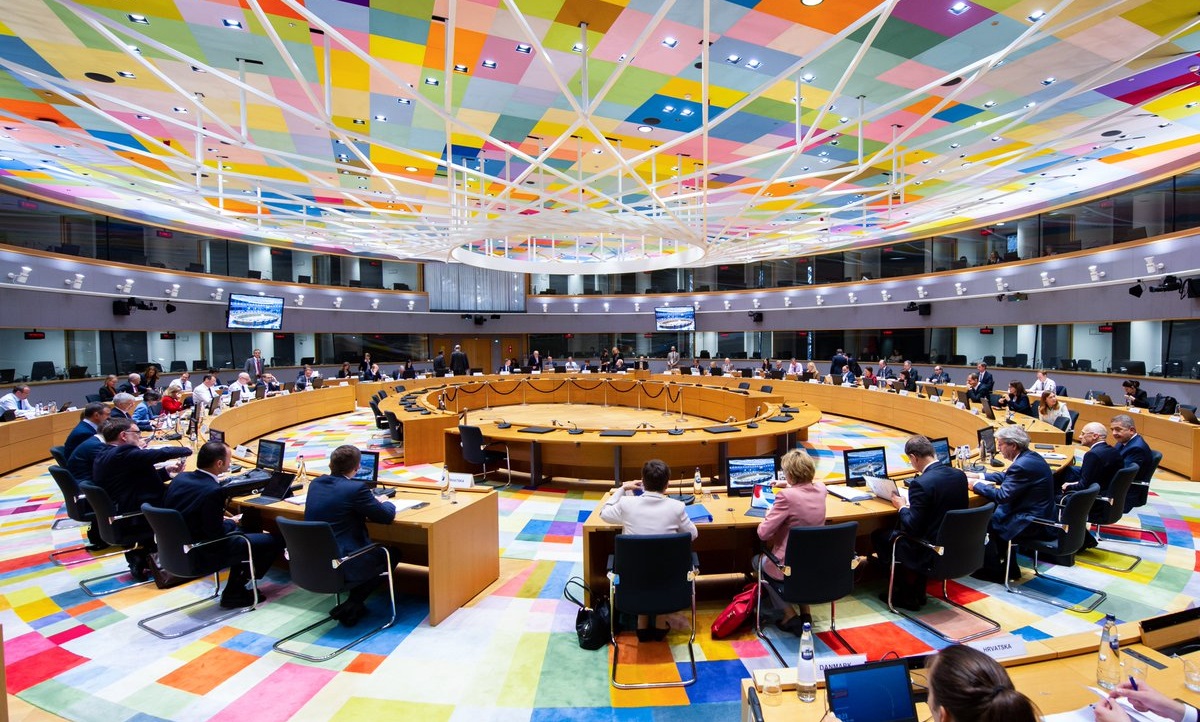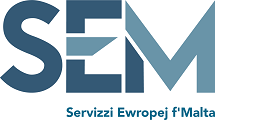Special meeting of the European Council
The European Council agrees on Russian oil ban

On May 30 and 31, Heads of State or Government of the EU Member States attended a special meeting of the European Council in Brussels to discuss current developments in Ukraine, EU support to neighbouring countries, food security, European security and defence, and energy, including EU support to Ukraine in humanitarian, financial, material and political areas, and progress in phasing out the EU's dependency on Russian energy imports.
The leaders, who had been joined by Ukraine's President Zelensky via video conference for a discussion at the beginning of the summit, again urged Russia to immediately stop its indiscriminate attacks against civilians and civilian infrastructure, and to withdraw, immediately and unconditionally, from the entire territory of Ukraine within its internationally recognised borders.
As part of the sixth package of sanctions on Russia, EU leaders agreed on a political deal to ban most (around 90%) of Russian oil imports into the EU by the end of the year. The embargo covers Russian oil brought in by sea, allowing a temporary exemption for imports delivered by pipeline, a move that was crucial to bring landlocked Hungary on board a decision that required consensus. It was also agreed that in case of sudden interruptions of supply, emergency measures would be introduced to ensure security of supply.
Leaders stressed that international humanitarian law, including the Geneva Convention relative to the treatment of prisoners of war, should be fully respected. They also called on Russia to allow immediate humanitarian access and the safe passage of all civilians concerned; and the safe return of Ukrainian individuals forcibly removed to Russia.
Leaders urged the Council of the European Union to finalise and adopt the new sanctions without delay, ensuring: a well-functioning EU single market; fair competition; solidarity among member states; a level playing field for phasing out EU dependency on Russian fossil fuels.
EU leaders underlined that the EU and its member states have provided protection to millions of refugees fleeing the war in Ukraine, and that they remain committed to welcoming them and ensuring their safety.
The EU promises to continue to assist the Ukrainian government with its urgent need for liquidity, and that it is ready to grant Ukraine new exceptional macro-financial assistance of up to €9 billion in 2022.
On the reconstruction of a democratic Ukraine, the EU will consider a Ukraine reconstruction platform and this platform should bring together the Ukrainian government, the EU and its member states, the European Investment Bank as well as international partners, financing institutions and organisations. EU leaders highlighted that EU support for reconstruction will be linked to the implementation of reforms consistent with its European path and invited the European Commission to make proposals on this basis. The Council also supported further options in line with EU and international law being actively explored, including options aimed at using frozen Russian assets to support Ukraine's reconstruction.
Regarding military support, the EU remains committed to continue bolstering Ukraine's ability to defend its territorial integrity and sovereignty. In this respect, the European Council welcomed the adoption of the recent Council decision to increase military support to Ukraine under the European Peace Facility.
On the second day of the summit, EU leaders discussed the consequences of the war on global food supplies, defence and energy markets.
With regards to food security, the European Council strongly condemns the destruction and illegal appropriation by Russia of agricultural production in Ukraine, inviting member states to accelerate work on the solidarity lanes put forward by the European Commission to facilitate food exports from Ukraine. EU leaders also called for effective international coordination to ensure a comprehensive global response to food security challenges.
The European Council also discussed EU security and defence, recalling the Versailles Declaration and the European Council conclusions of 24-25 March 2022, stressing the importance of resolutely implementing the Strategic Compass, reinforcing the EU's partnerships, enhancing its resilience and increasing its security and defence capacity through more and better investments, focusing on identified strategic shortfalls. Leaders also underlined that the transatlantic relationship and EU-NATO cooperation are key to our overall security.
With regards to energy security, the European Council also discussed the strengthening of EU energy independence, therefore the phasing out of Russian gas, oil and coal imports and the 'RePowerEU Plan', presented by the European Commission. In a spirit of European solidarity, leaders also called for greater EU preparedness for possible major supply disruptions through bilateral solidarity agreements and a coordinated European contingency plan, while also inviting the Commission to swiftly pursue work on the optimisation of the functioning of the European electricity market.
The conclusions of the meeting adopted by the European Council on May 31 can be found here.


